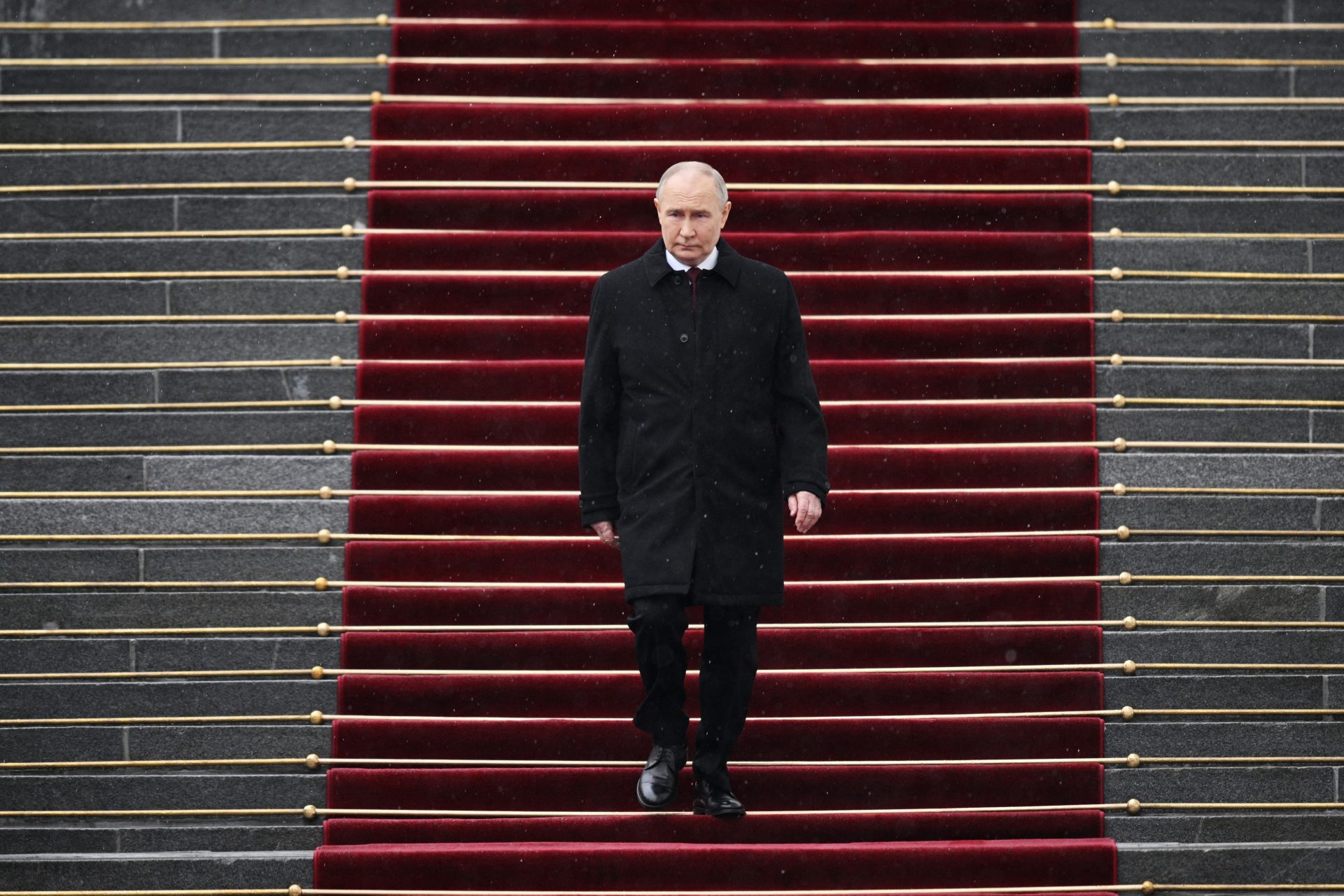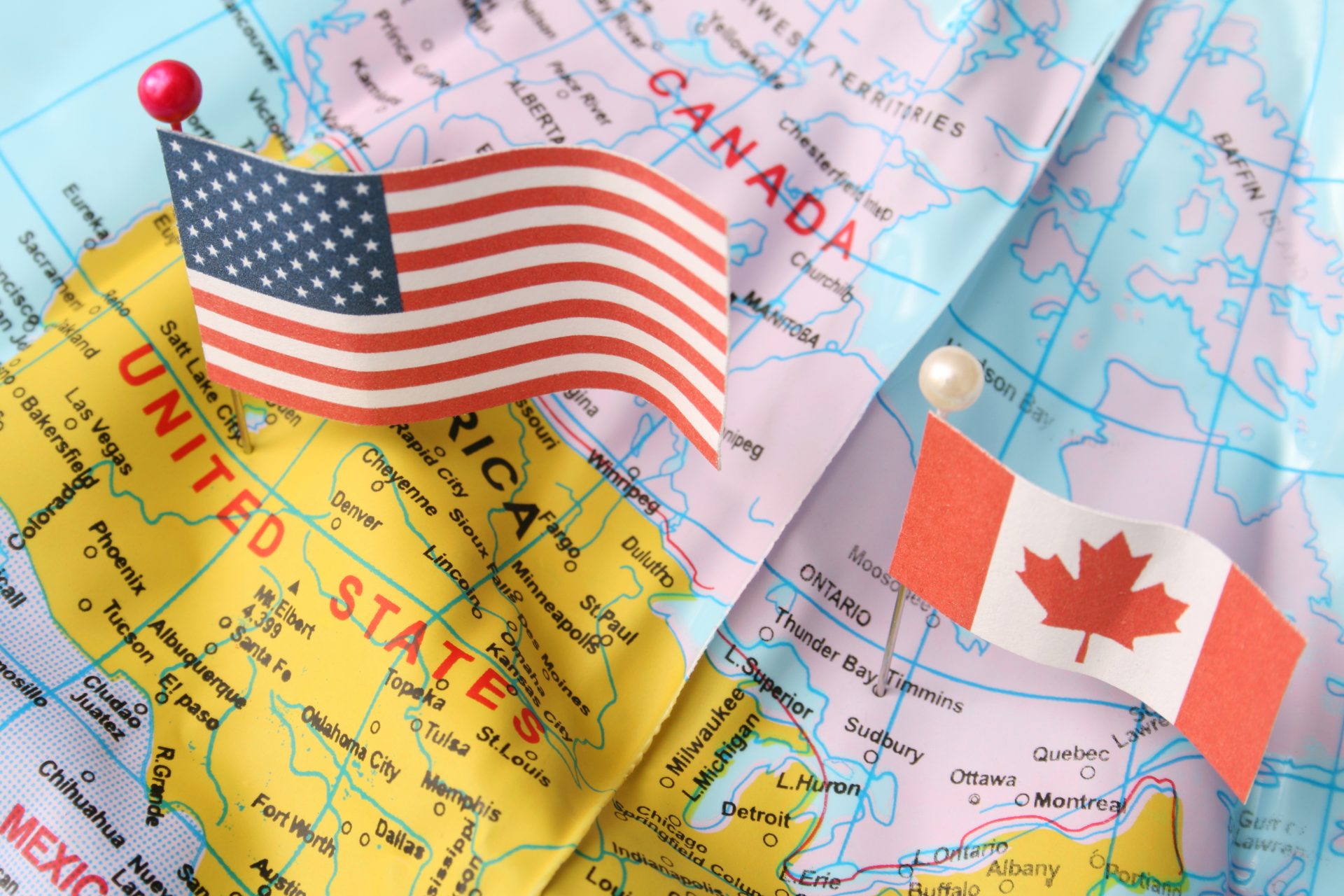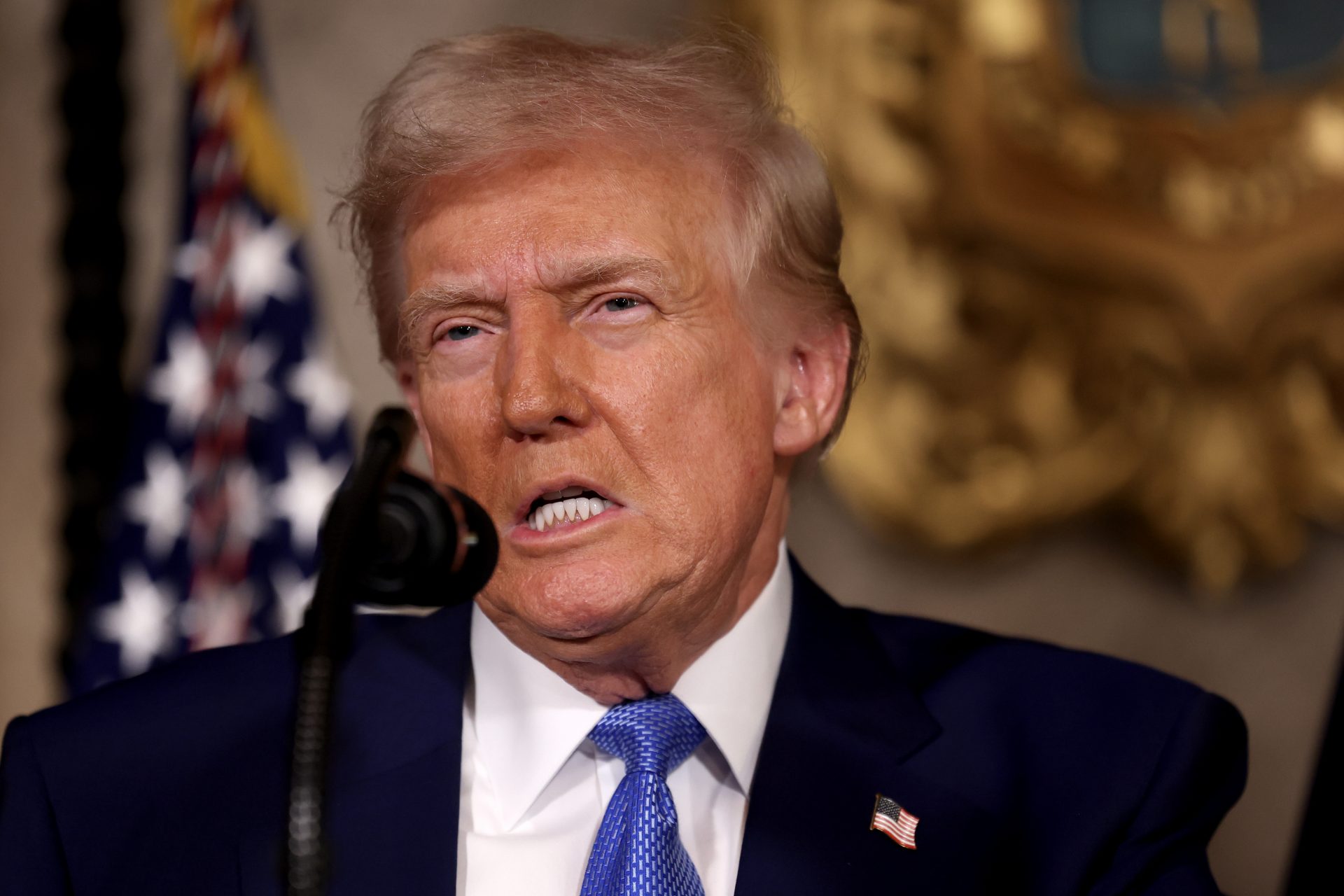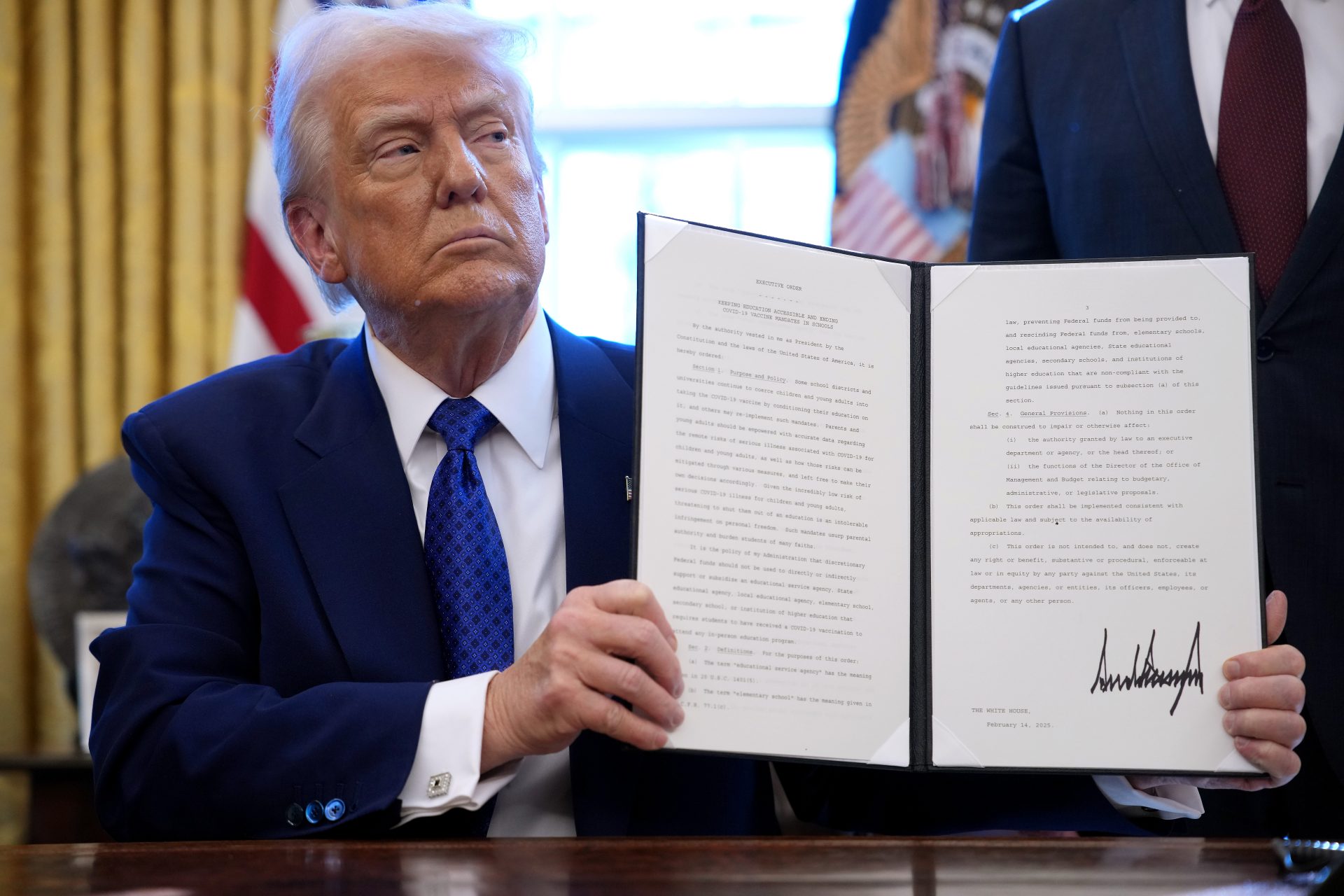Does Ukrainian victory in Kherson mean the end of the war is near?
On November 11, 2023 Russian forces left the enclave of Kherson, a city they have kept occupied for months. Ukraine achieved a great victory and its soldiers were greeted with applause and hugs.
What does this victory mean for the direction of the war? Is the final victory of the Ukrainians getting closer?
For now, Kherson is a moral blow for Russia and an element that erodes Putin's leadership. The New York Times headlined: "Russia’s War Hawks Step Up Criticism of the Military Over Kherson Withdrawal."
These hawks are people like Dugin (pictured), an ultra-nationalist ideologue, or leaders of the Communist Party, an ally of Putin but even tougher in his intransigence towards the West.
On the contrary, Ukrainians are celebrating and moral is high. The image of Zelensky in Kherson is a powerful message of victory.
The Ukrainians are showing signs that they want to continue advancing after Kherson, but to do so, they now have to cross the Dnieper River. The Russians, to prevent this, blew up the Antonov Bridge.
The Dnieper River, wide and mighty, is a natural barrier that protects the Russians who are fighting in retreat.
Crossing it is a complex military operation. In addition, on the other side there is a whole wide swampy territory, making it difficult to move troops or heavy equipment.
The Ukrainian military does not want to stop. Andrei Mikheichenko, commander of a tank unit in Bakhmut, told The New York Times: "The logic of war is not to pause and to keep going forever."
The hypothesis until now is that both parties would stop the war during the winter as far as offensives or counteroffensives are concerned.
But neither the Russians nor the Ukrainians seem willing to stop any time soon. Of course, the weather has not yet shown its fiercest side.
On both sides, attacks behind enemy lines are expected to intensify: Russian drone attacks to destroy infrastructure and Ukrainian operations with special forces and local partisans.
However, the feeling is that Russia is losing. As Paul Adams said in an article for the BBC: "Nothing has gone Russia's way for months."
Paul Adams sums up the situation for the Russian forces: "They've lost huge swathes of territory in the east, the flagship of their Black Sea fleet has been sunk and a crucial bridge from Russia to occupied Crimea is still out of action."
But even with this panorama favorable to Ukraine, The New York Times quotes specialists who assure that, no matter how high their morale is, the Ukrainian forces need to rest after the exhausting offensive of recent weeks.
What is clear is that the reconquest of Kherson by Ukraine could be a turning point. It is a strategic military city and a trophy that reinforces Zelensky in his role as a winning leader.
Zelensky's ambition, as Euronews published weeks ago, is to recover the Crimean peninsula, annexed by Russia in 2014.
What is clear is that the war will continue for many weeks. Neither side seems to have any incentive to stop.
And the impression is that on the Russian side, even with the new mandate of Surovikin (nicknamed General Armageddon), there is a lack of military leadership, a defined strategy.
It seems increasingly clear that Putin, at the very least, made a miscalculation in setting out to conquer Ukraine. What at first seemed like a blitzkrieg has turned into an endless nightmare.
More for you
Top Stories

































